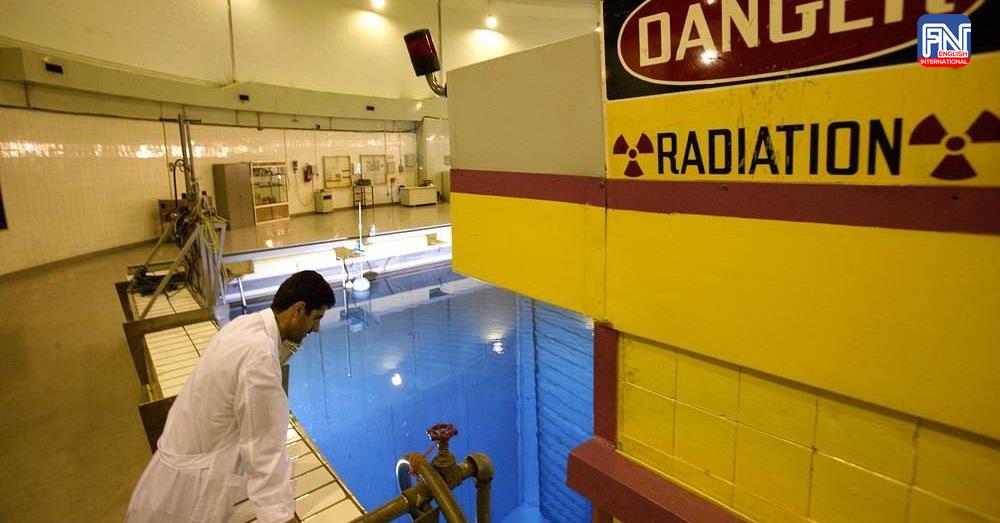DUBAI, Jun. 13 (TASS) - Iran has taken undisclosed measures at its Natanz and Fordow nuclear sites in response to the recently adopted resolution of the International Atomic Energy Agency (IAEA) Board of Governors, which says Tehran is not cooperating enough with the UN nuclear watchdog, the Mehr News Agency reported.
According to it, this is a response to the "hostile actions" of three European countries: the United Kingdom, Germany and France (the European troika), which submitted a draft resolution to the IAEA Board of Governors that Tehran considers politicized and provocative. On June 5, the resolution was adopted with 20 yes votes. Russia and China voted against. The news agency does not specify what specific steps Iran has taken at these nuclear sites. At the same time, it is known that the Natanz and Fordow facilities are involved, among other things, in the uranium enrichment process.
On June 3, IAEA Director General Rafael Grossi said that the agency had received no "credible explanations" from Tehran about the discovery of traces of uranium of "anthropogenic origin" at two undeclared Iranian nuclear sites (the Natanz and Fordow facilities are not considered such). Following Grossi's statement, the UK, Germany and France sent a draft resolution to the IAEA Board of Governors calling on Iran to explain the origin of the uranium traces and demanding that agency inspectors be allowed to visit the sites.
On June 4, Head of Iran’s Atomic Energy Organization (AEOI) Mohammad Eslami said that Tehran would respond accordingly if the IAEA Board of Governors adopted the anti-Iran resolution. The Iranian authorities have repeatedly emphasized that once the IAEA begins to apply a "politicized rather than a purely technical approach" to resolving issues related to the nuclear program, the agreements reached during negotiations between the country and the agency would be nullified.
On June 5, Russia, China, Belarus, Venezuela, Zimbabwe, Iran, Nicaragua, and Syria issued a joint statement. In it, they pointed out that the resolution ignores the facts of interaction between Tehran and the IAEA, so political steps should be abandoned and a rational approach to the future of the Iranian nuclear issue should be taken.

Photo from Getty Images




